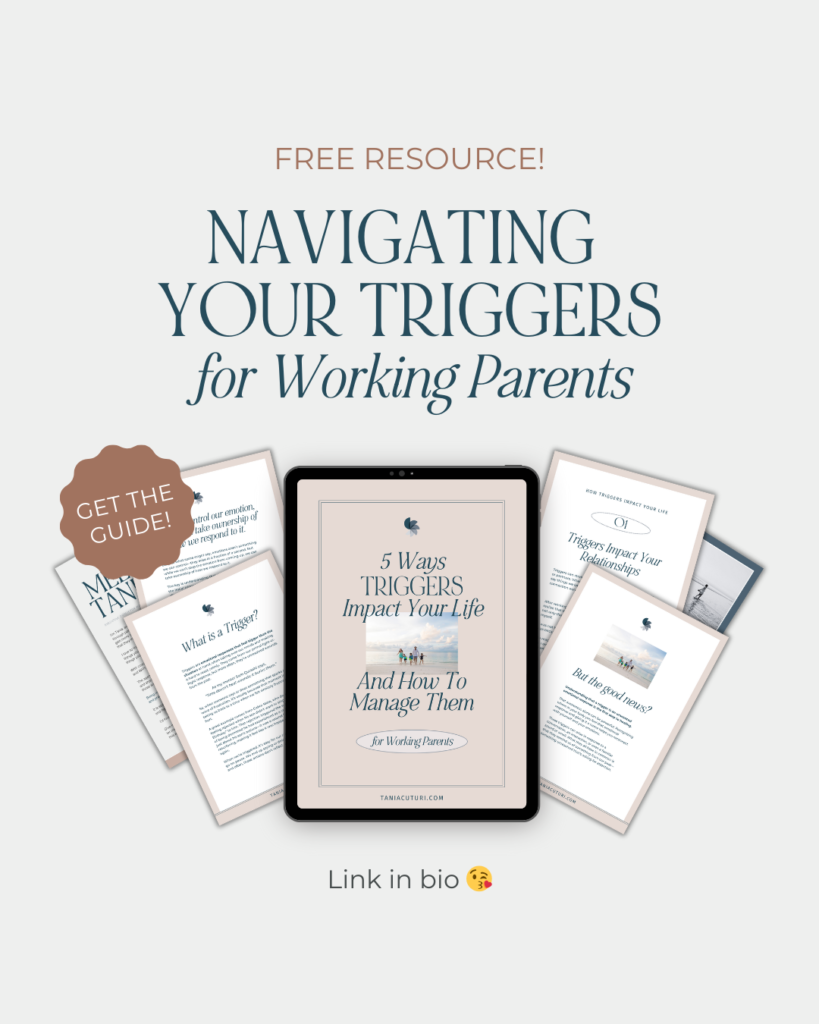Staying True to Your Values in Difficult Times
23 Nov, 2024 | 5 min
When life gets tough—whether through external events like world conflicts or personal challenges at work or home—it can be hard to stay connected to who we want to be. Feeling confident, present, and creative becomes challenging when anxiety or fear takes hold. Our energy levels drop, and it becomes difficult to show up authentically in the ways we aspire to. Recently, I discussed this with a client who, like many of us, was deeply impacted by external events, and we explored ways to connect to her values, even in difficult moments.
In our conversation, we touched on three essential steps for staying grounded and true to oneself during challenging times. These steps—naming and releasing emotions, connecting to how you want to be remembered, and meeting others where they are—are powerful tools for managing conflict and remaining authentic.
1. Naming and Releasing Emotions
When we’re in the midst of difficult times and emotions, such as anger, guilt, or fear, it’s essential to acknowledge and name what we’re feeling. This simple step can help us detach slightly from the intensity of the emotion, creating space to work through it rather than being controlled by it. As I often share with my clients, identifying our emotions allows us to process them more fully and understand their root causes.
In a recent session, we used a list of emotions, and the client identified over 80 different feelings—ranging from anger and jealousy to guilt and shame. By naming them, she started to feel more connected to herself, creating a path to release these emotions rather than letting them build up. Allowing yourself to feel, acknowledge, and release these emotions is a key step in managing how they impact your interactions with others.
Exercise:
Write down the emotions you’re experiencing. Take time to reflect on them without judgment. This practice can help you release emotional intensity and make room for a more compassionate response to others.

Follow me on Instagram for more tips for working parents.
2. Defining How You Want to Be Remembered During Difficult Times
Once you’ve named and released the emotions, it’s time to ask yourself: How do I want to be remembered during this time?
Imagine walking into a room where people who care about you are discussing your character and the way you’ve handled recent challenges. What do you want them to say about you?
For my client, this question helped her clarify her values. She wanted to be remembered as someone who was brave and assertive, yet kind and respectful, even in the face of disagreement. She admired people like Gabor Maté for their calm, compassionate communication, even with those holding opposing views.
In moments of conflict, stress, or difficult times, aligning your actions with your values helps create a consistent narrative of who you are and want to be, whether in parenting, relationships, or advocacy.
Exercise:
Imagine your future self reflecting on how you handled this time. What would you like to hear people say about you? Use this vision as a guide for your actions and interactions.
3. Meeting People Where They Are
One of the most challenging but transformative aspects of compassionate communication is learning to meet others where they are. When we’re in conflict, it’s tempting to try to convince others to see things our way. But sometimes, pushing for agreement or change only deepens the divide. True compassion means accepting people’s perspectives without judgment and recognizing that they may not be ready to engage in the way you want.
My client found this insight especially helpful in her interactions with her children and people involved in causes close to her heart. She realized that she doesn’t need to change everyone’s mind to stay true to her values. Instead, she can listen, acknowledge their viewpoint, and decide when it’s better to let go.
This skill—meeting people where they are—requires practice and patience. It’s about extending understanding and giving others the benefit of the doubt, even if you strongly disagree with their perspective. Doing so doesn’t mean you sacrifice your own beliefs; it simply means you create space for respectful coexistence.
Exercise:
When you feel triggered by someone’s words or actions, pause and consider their perspective. Ask yourself if the conversation would benefit from your engagement or if it might be wiser to step back.
Ready to Take Control of Your Emotional Triggers?
This free Triggers Guide will help you shift your response, build stronger relationships, and become the confident, grounded parent and professional you want to be.
Putting It All Together: Practicing Self-Awareness and Compassion in Difficult Times
In challenging situations, these three steps work together as a continuous loop:
- Name and Release Emotions: Identify what you’re feeling and allow yourself to process those emotions.
- Define Your Values: Ask yourself how you want to be remembered during this time, aligning your actions with your core values.
- Meet Others Where They Are: Offer understanding to others without trying to change them, meeting them at their level with compassion.
By cycling through these steps, you can stay grounded, respond thoughtfully, and cultivate resilience in the face of adversity. Each step reinforces the next, helping you stay present, true to yourself, and compassionate toward others.
Final Thoughts: Building a Legacy of Kindness and Strength from Difficult Times
As we navigate tough moments in life, it’s natural to experience intense emotions and conflicting desires. But by taking time to name and release those emotions, connecting to our values, and practicing compassionate acceptance, we can cultivate a legacy of kindness and strength. Whether we’re engaging in a difficult conversation, working through personal challenges, or simply moving through our daily routines, these practices remind us that we have the power to choose how we show up in the world.
Remember, staying true to yourself is a journey, not a destination. The more you practice these steps, the more naturally they’ll become part of how you respond to life’s challenges in difficult times. And in doing so, you’ll create a ripple effect that impacts not only your own well-being but the lives of those around you.
Don’t forget to download my free guide “Triggers Workbook” here.
Share this blog on social!




Meet Tania!
With three energetic kids, I know what it’s like to have to juggle your career goals and desire to be a good parent. That’s why I’m so passionate about helping working mums manage your time in the best way, so you can spend quality time with your kids and still find the courage to go after what you want in life.

Break the Parenting Mold with Connection, Confidence, and Compassion
04 Oct, 2025
As parents, we all come into this journey with expectations: of ourselves, of our children, and of what family life “should” look like. But what happens when your child doesn’t quite fit the mold? When their behavior or way of communicating doesn’t line up with what you imagined, or what society tells you is “normal”?… Continue reading Break the Parenting Mold with Connection, Confidence, and Compassion

The Myth of “This Is the Only Path” for High-Performing Professionals
20 Sep, 2025
There’s a belief I see often in high-performing professionals, especially those working in fast-paced, competitive industries like finance, law, or tech. It’s the belief that “this is the only path” that you can take. One version of success. One way to move forward. And the only “good” choice is the one that keeps you on… Continue reading The Myth of “This Is the Only Path” for High-Performing Professionals

The “Always Available” Trap in the Workplace: How to Reclaim Your Time
06 Sep, 2025
There’s a kind of pressure that doesn’t always get talked about, but most of us feel it: The pressure to be “always available”. Especially in high-achieving work cultures, there’s this expectation (spoken or not) that you should respond quickly, drop what you’re doing, or stay late, just in case you’re needed. And if you don’t,… Continue reading The “Always Available” Trap in the Workplace: How to Reclaim Your Time








